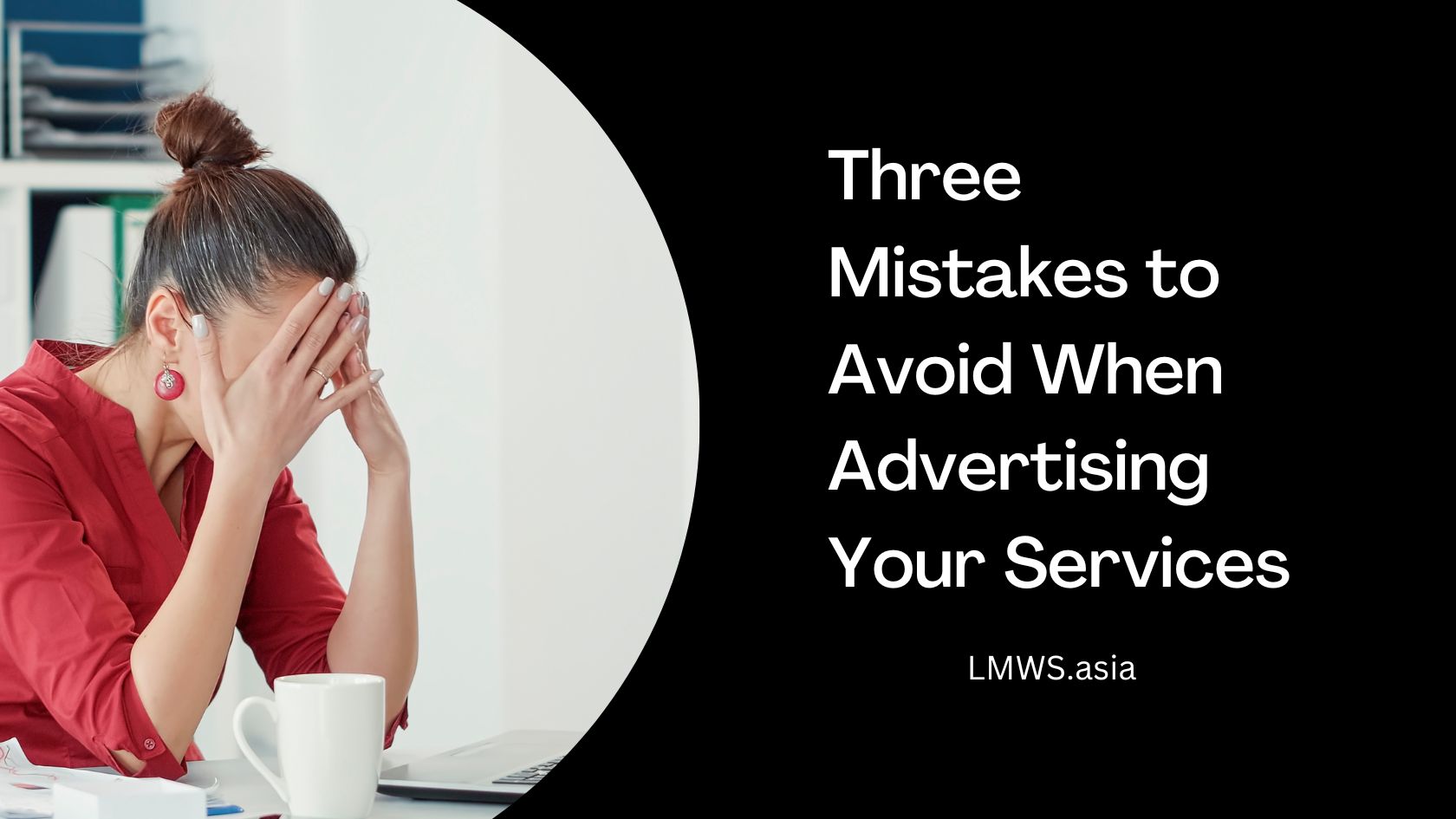
Why You Need a PR Agency and How to Choose One Wisely
Since the dot-com boom, businesses of all sizes and types have discovered they need public relations (PR) agencies. First, there were in-house public relations professionals, but when the field expanded due to increased need, individual PR specialists evolved into PR agencies—stand-alone entities focused on the public perception and branding of their clients.
Businesses often hire PR firms to plan, manage, and report on media relations, an increasingly crucial area of focus in today’s marketplace. Outsourcing your PR needs offers many advantages, not only to address the ever-growing challenges in a fast-paced business climate but also to manage public perception and opinion of your company, which can directly affect bottom-line profits.
Do you need a PR agency to increase your presence in your market? And if so, how do you choose one that’s right for you?
How Essential Is Public Relations to Your Business?
Let’s face it: competition in the market will never decrease. You need to make your mark and promote the excellence of your product or service. You need the right public relations agency to help you by establishing your reputation, helping you become a vital force in your market, and giving you a competitive advantage that will, in turn, extend the life span of your business. Although it’s considered almost a necessity these days, you can indeed find high-quality PR support at an affordable price.
Can You Survive Without a PR Agency?
The short answer: yes, you can. You can survive without public relations support. But if you want to thrive, it’s worth at least taking a trial run to learn what a qualified PR agency can do for you, like this list of benefits:
1. Connection to Journalists
Because PR agencies are staffed with experts who possess targeted public relations knowledge, reporters are often familiar with them. It’s a two-way street between journalists and publicists, with PR feeding the media with new content they always need and with the media then researching and reporting on notable news and businesses. If a journalist makes a positive statement, it’s taken as far more trustworthy than if someone makes a positive statement about themselves; in other words, it’s general news and not a marketing strategy. So it works in your favor—and is far more convenient and less complicated—to have a PR agency build relationships with journalists on your behalf.
2. Real-Time Support When Problems Arise
One misstep and a company’s reputation can be permanently damaged. You need to have on-call crisis management support in your corner for whenever, wherever, and however issues arise. A PR agency is trained to lead you through unpleasant situations, address public criticism, take control of the narrative, and get messaging back on track. Handled improperly, a crisis can lead to ruin. Handled professionally, a crisis can be managed, righted, or even averted. In tricky circumstances, you need a PR agency on hand to help save the day and to revive your reputation.
3. Improved Morale at Your Company
Happy employees lead to lower turnover. When your company is well respected in the public’s eye, your staff is likely to be more satisfied working for you. It’s your public relations team’s job to maintain a positive image of your company, and that image creates pride at your workplace. This enriches the company culture, adds value to your output, increases productivity, and paves the way for more innovation and creativity—all of which contribute to a competitive edge.
Selecting a PR Agency Wisely
Deciding which PR agency to contract with should be approached the same way you’d make any important decision: by taking time to do your research and by conducting a cost-benefit analysis.
1. Do an Agency Search Based on Your Needs Assessment
First, you should analyze what you need and what ROI (return on investment) you’re looking for. A PR agency can take on many roles and responsibilities, so take the time to identify precisely which functions will benefit you the most and then do an online search for agencies that particularly cater to or specialize in the fulfillment of those needs. Contact several so you can get a feel for how they operate.
2. Request a Proposal
When you find an agency in which you’re seriously interested, ask for a written proposal that specifies their recommendations for your PR efforts and explains how and why they have the capability to deliver what you’re looking for. Don’t settle for just verbal promises; instead, examine the proposal closely and search out details that offer something unique and valuable to your business.
3. Consider the Agency’s Track Record
Anyone can look good on paper. Seek evidence of the PR agency’s successful track record, including customer reviews, client referrals, and third-party endorsements. Inspect their client list. Review tangible examples of their work, like press kits, website copy, press releases, and social media campaigns. You absolutely want to be able to place your trust in your public relations team and realize actual value from taking them on.
4. Take the Contract Seriously
A business contract is a legally enforceable document. Be vigilant about examining what you’re signing—what the agency’s roles and responsibilities are and your own. Contract negotiations are standard, so you should feel free to suggest your own clauses, deletions, or additions.
Next Steps When You Need a PR Agency
Public relations can be a bumpy road to travel alone. You need a PR agency in the driver’s seat to navigate the terrain with you, steering clear of possible pitfalls and guiding you toward optimal success. Just don’t rush into a PR relationship hastily. If you choose a partner wisely that seems like the best for you based on the groundwork you did to vet them; it will save you significant time and effort later and reap maximum rewards for your business.





